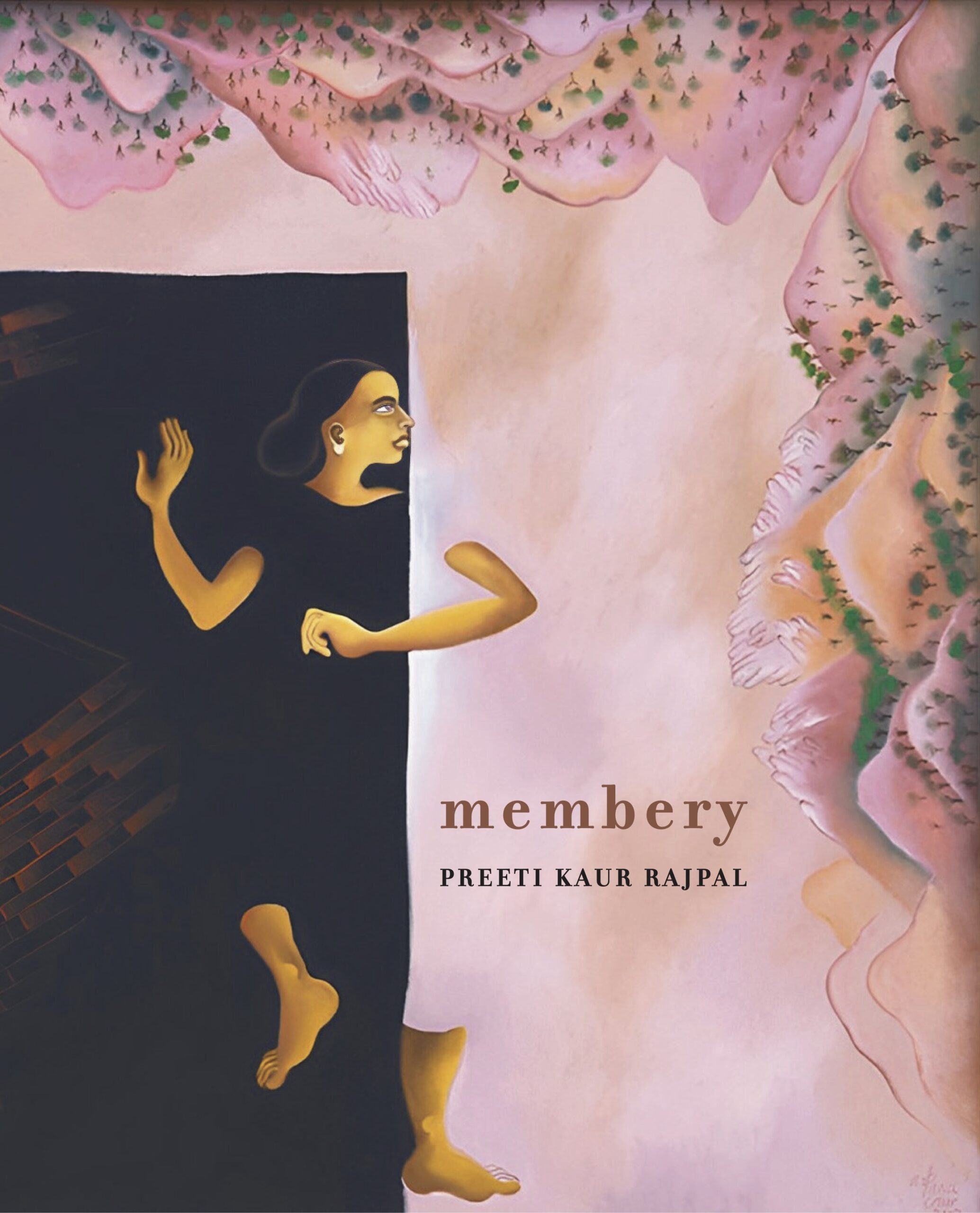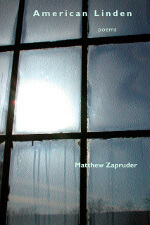membery
by Preeti Kaur Rajpal
$21.95
“[L]onging and vividness, emotive intelligence and beauty that’s fresh as the ‘first bite in the fleshed apple of language,’ … a very moving and beautiful book.” —Ilya Kaminsky
Format: Paperback
Published: November 2023
Out of stock
“Preeti Kaur Rajpal’s book opens with an epigraph from June Jordan: ‘I am a stranger/learning to worship the strangers/around me.’ This sensibility of ardor and commitment (to familial and non-familial others) sustains this collection. Rajpal is also attentive to the ways in which arrival is sometimes conditional, the way it might augur or feel like departure: ‘how one enters/the door knowing/there will be an exit.’ And beyond the threshold? A ‘bone rain’ is falling, relentlessly, like a wall that can’t be translated. Body, alphabet, ancestor, bread.”
—Bhanu Kapil
“Confronting the forced removals of the 1947 partition of India and their physical and spiritual consequences for her family, Preeti Kaur Rajpal writes her own ‘partition / from the shredding documents / lit feathers by history’s can of black oil.’ In this falling empire, she lights a match. Rajpal’s membery is a combustive literary debut by a poet whose five linguistic, intergenerational quests extend from the palm of a deft and true hand.”
—Jennifer Kwon Dobbs, author of Interrogation Room
“‘In the house of language I enter through brick’ writes Preeti Kaur Rajpal in this terrific debut where songs of exiles become a ceremony as the poet gathers her tribes and confronts history through family visions and invocations, ‘a canopy of memory opening against bone rain.’ As Rajpal calls on heritage to shield against the pains of racism and injustice, the language of the poems elevates, resulting in longing and vividness, emotive intelligence and beauty that’s fresh as the ‘first bite in the fleshed apple of language,’ making membery a very moving and beautiful book.”
—Ilya Kaminsky, author of Dancing in Odessa and Deaf Republic
In membery, Preeti Kaur Rajpal uses the tool of memory towards her own articulation of language. She writes through post-memory, that is, the memory of the generations after a great human calamity imparted to them through family and community story-telling, materials, silences, and spiritual practice. She uses post-memory to describe her grandparents’ experiences of violent expulsion from their homeland during Historical India’s Partition. She braids this with her own and her family’s experiences as Sikhs in America during the post-9/11 era, a time of increased racialization of Sikhs. Through these subjects, she renders a poetry which explores memory’s communal functions — how memory can make one a part of and also how it can sever apart membership from nationhood, the family, and even within the self.
The poet writes of birhaan, the pain of separation from the divine, as understood in the Sikh tradition, used as a metaphor for the griefs and losses explored through history. These histories span from monumental moments of global consequence to small awakenings in the poet’s childhood.
In membery, the poet proceeds on her own odyssey for a vernacular, set within her acquisition of the Punjabi script of Gurmukhi. The poet searches for a place of articulation, as the poet learns of a larger, more personal dialect aware to the world — its separations and its divisions. Formally daring and lyrical, the poems of membery weave memory, Sikh spiritual tradition, family, country, and language acquisition as they forge the author’s own language.
Preeti Kaur Rajpal expertly frames poetry as a space particularly conducive to conversation between artistic traditions, genres, and types of rhetoric. But this capacious book is not simply a tribute to modernist influence. Rajpal places experimental technique and its array of forms — including templates that are not germane to poetry, footnotes, and hybrid texts — in dialogue with religious texts, urgent human rights issues, and nonwestern philosophy. In such a way, Rajpal forges a complex, multifaceted poetics of social justice. Indeed, she reveals literature as a hypothetical testing ground, where language is no longer constrained by categories or genres, and this fluidity can give rise to new — and more ethical ways — of moving through the world. Here, the poetic text is revealed as intervention, as corrective gesture, as reversal. membery is the kind of book that takes up residence in one’s memory.
Additional information
| Weight | 0.33 lbs |
|---|---|
| Dimensions | 7.5 × 9.25 in |






